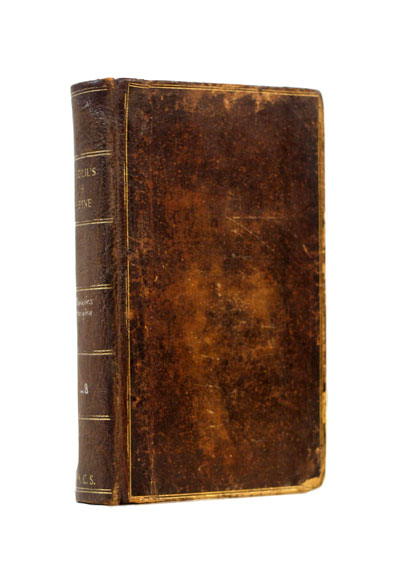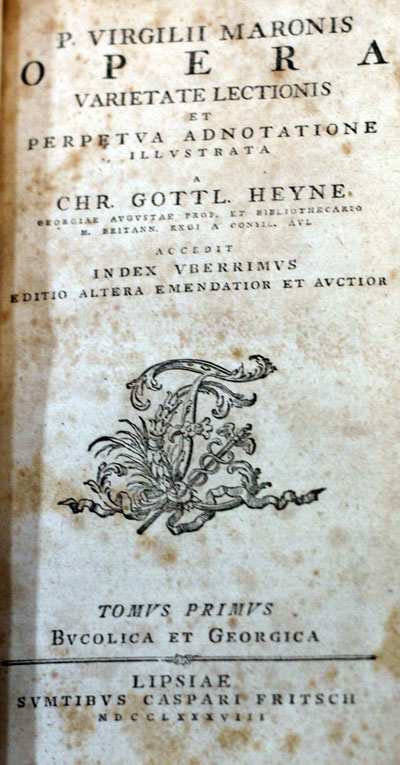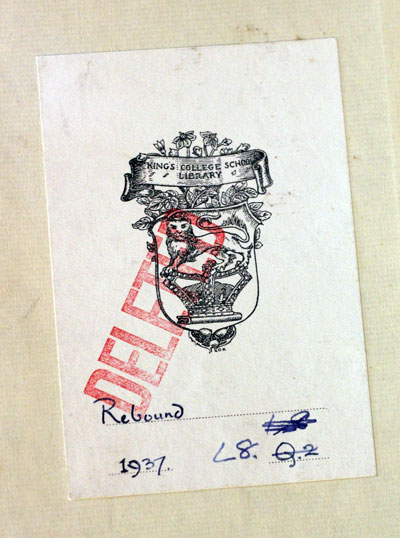All text and notes in the original Latin. Containing the complete Bucolics and Georgics, this is the first volume of a 4-volume set.
The Georgics
A poem in four books, likely published in 29 BC. It is the second major work by the Latin poet Virgil, following his Eclogues and preceding the Aeneid. It is a poem that draws on many prior sources and influenced many later authors from antiquity to the present. As the name suggests (from the Greek word γεωργικά, geōrgika, i.e. “agricultural (things)” the subject of the poem is agriculture; but far from being an example of peaceful rural poetry, it is a work characterized by tensions in both theme and purpose.
The yearly timings by the rising and setting of particular stars were valid for the precession epoch of Virgil’s time, and so are not always valid now. (from wikipedia)
The Bucolics
Taking as his generic model the Greek Bucolica (“on care of cattle”, so named from the poetry’s rustic subjects) by Theocritus, Virgil created a Roman version partly by offering a dramatic and mythic interpretation of revolutionary change at Rome in the turbulent period between roughly 44 and 38 BC. Virgil introduced political clamor largely absent from Theocritus’ poems, called idylls (“little scenes” or “vignettes”), even though erotic turbulence disturbs the “idyllic” landscapes of Theocritus.
Virgil’s book contains ten pieces, each called not an idyll but an eclogue (“draft” or “selection” or “reckoning”), populated by and large with herdsmen imagined conversing and performing amoebaean singing in largely rural settings, whether suffering or embracing revolutionary change or happy or unhappy love. Performed with great success on the Roman stage, they feature a mix of visionary politics and eroticism that made Virgil a celebrity, legendary in his own lifetime. (from wikipedia)




